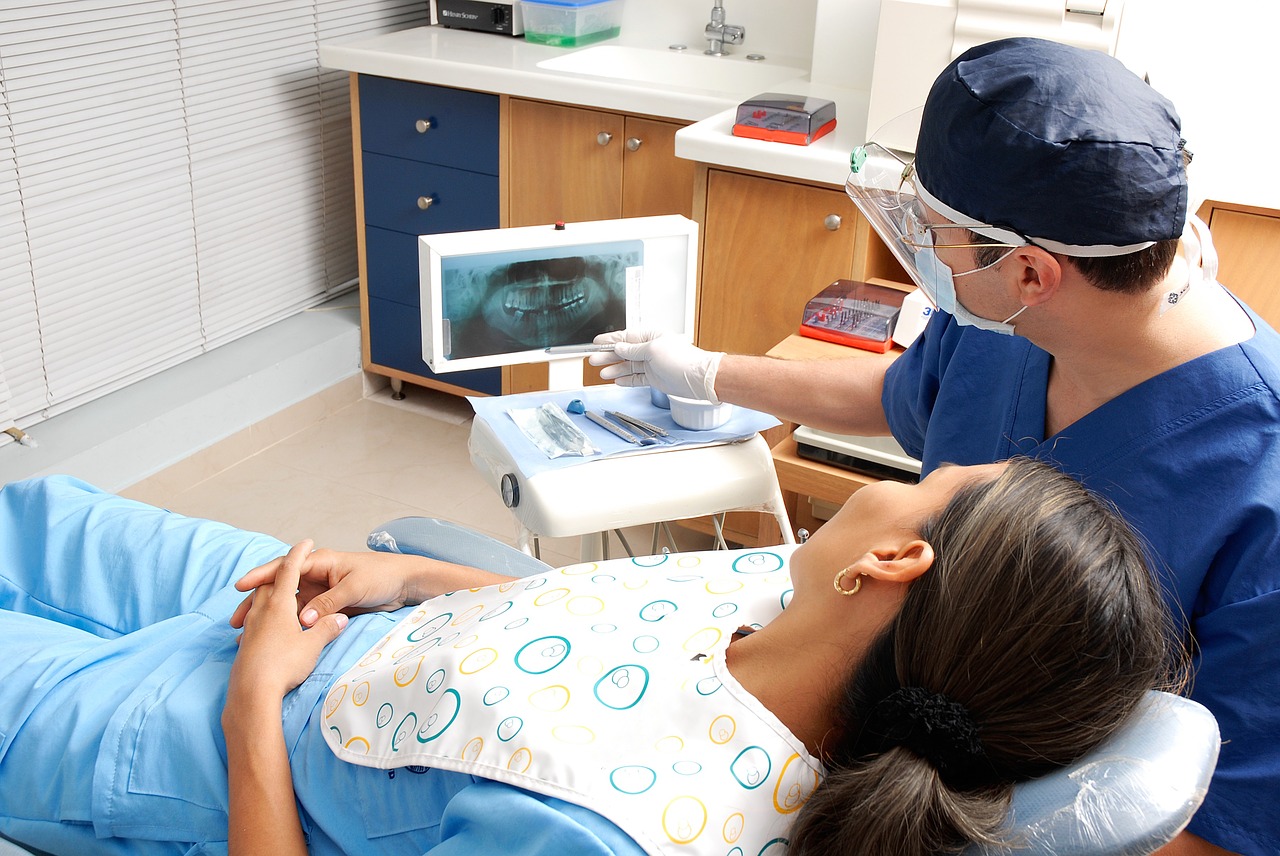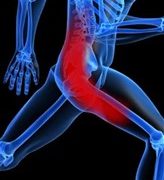Before you get too nervous about this, it is actually incredibly common. Many people have tooth sensitivity for several days after having a cavity filled.
Why Do Teeth Hurt After Fillings?
To put it simply, the procedure can be painful, especially with larger cavities. Aside from the stress on your teeth, the procedure can also be very stressful for your body, both emotionally and physically. Many people experience pain for days or weeks. Some individuals who are more sensitive can experience pain for months.
Obviously deeper cavities require more sedation and more drill time. If the dentist has to drill close to the nerve, this can cause even more aggravation. What is important to note with the dental pain is that the pain /sensitivity should be lessening a little every day. If it is not you should contact the dentist to verify that there are no additional problems such as an infection or an incomplete filling.

6 Common Causes and Types of Dental Pain
There can be many reasons for dental pain, here are six of the most common:
Allergies-Allergies to dental materials may happen to a smaller part of the population, but they are very real. If you are allergic to any of the dental materials that are being used your body can reflect that sensitivity through pain, swelling, rash or headaches. Be sure to seek a biological dentist who offers biocompatibility testing for dental materials to avoid any potential problems.
Bite Adjust– Pain when biting down can simply mean that you need your bite adjusted. This is especially true after having a filling done. Typically a dentist will adjust and shape the filling so it matches your bite. If this is not done or not done correctly, it can cause pain and the filling will need to be reshaped. In addition if a filling has cracked, this can also cause pain.
Teeth Clenching/Grinding-Many people grind their teeth or clench their jaws while sleeping and are unaware of the damage they are doing until they are dealing with tooth or jaw pain. Common causes for this include stress, anxiety, abnormal bite, missing or crooked teeth. If relaxation techniques aren’t working for you, you may want to discuss night guards or other options with your dentist.
Temperature Sensitivity Many times after a new filling, teeth can be sensitive to hot or cold liquids and foods. The pain should dissipate after the hot or cold item is removed. If it is lingering for long periods of time a trip to your dentist may be warranted.
Throbbing Pain-Deep cavities can result in a throbbing pain until the nerve and tooth settle down. If it persists it can indicate that there is an infection or that the tooth is dying.
Referred Pain-This is sensitivity / pain in a tooth other than the one that had a new filling. Since the nerves of the teeth are connected this is a common symptom. The pain should pass with time as the teeth and nerves settle down.
It is important to note that you should discuss any concerns you have with your dentist.

Supporting Your Teeth After a Dental Procedure
Talk with your dentist about support after your procedure. A holistic or biological dentist should offer some common suggestions and nutritional support such as:
Avoid hot and cold foods
Eat soft foods
Enjoy smoothies and protein drinks
Nutritional Support:
Bio-Dent- Aids in the maintenance of healthy muscle, bone, and skin. Supports the body’s natural processes of growth, development, and repair of teeth.
Cataplex AC-Maintains healthy cells and tissues.
Calcium Lactate – Helps muscle relaxation and immune support
Magnesium Citrate-Helps muscle relaxation
Inositol- Nourishes the nerves and helps them to settle down
Homeopathic Support:
Hypericum perforatum-For nerve pain
Arnica Montana-For bruising and swelling
Pain Support
Medizyme-A systemic enzyme used for pain and inflammation.

Talk With Your Dentist
It’s important to have a good relationship with your dentist. Your dentist should understand and be compassionate and knowledgeable about your health concerns. Be sure you understand any procedure and that all of your questions have been answered to your satisfaction.
Going to the dentist can be a traumatic experience for many people. Being prepared for any procedure can help curtail any potential problems. As always discuss any concerns with your dentist before and after your procedure.








